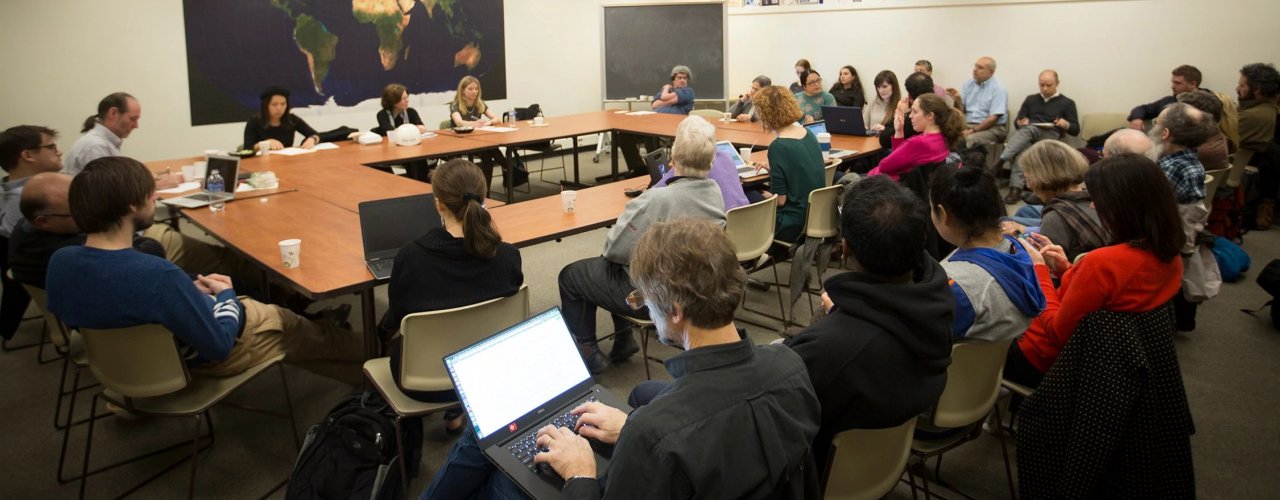Transnational Repression: Survey of International Students at Cornell
Cornell's international student body is diverse, with students from 131 countries making up 26% of the student population. The varied cultural backgrounds of international students can lead to unique perspectives on political engagement and self-expression. Some students may experience unease in a new social setting or speaking a non-native language. Additionally, it's important to recognize that some international students may be subject to monitoring by their home governments.
In April 2024, the Office of the Vice Provost of International Affairs, together with the Reppy Institute for Peace and Conflict Studies, conducted a survey to explore how international students experience freedom of expression on campus. The survey findings highlighted the impact of transnational repression on Cornell's diverse global community.
Highlights
Freedom of Expression: When comparing freedom of expression in the U.S. to their home countries, Canadian respondents felt that freedom of expression was worse in the U.S. while students from China and India felt that freedom of expression was better in the U.S. than in their home countries.
Self-Censorship: Students from all nations reported self-censorship because they wanted to be accepted by their peers and instructors.
Geopolitical Considerations: Chinese students expressed a higher concern about the potential for being reported to their government. This could potentially impact their participation in ways that differ from their peers.
Note: The survey shows evidence of selection bias, including the underrepresentation of Chinese students and the timing of the study with increased campus activism.
Takeaways
For students, this survey sheds light on how transnational repression can happen in the classroom and social settings.
- Students should familiarize themselves with the Code of Academic Integrity Guidelines for Students, which now includes language prohibiting the recording of fellow students without their knowledge.
- Students should talk with their faculty if they have concerns about surveillance in the classroom or feel that they can’t express themselves fully.
For faculty, the findings highlight the importance of recognizing the reality of transnational repression and the importance of taking steps to mitigate it in their classrooms.
- Faculty should review the updated Code Academic Integrity Guidelines for Instructors to ensure a safe and respectful learning environment.
- Faculty could re-state the academic integrity guidelines in their classes to familiarize students with the restrictions on recording their classmates without their consent.
- Faculty can consider alternatives to assignments that require students to self-identify when speaking or posting (within the classroom) about topics or readings that could be considered sensitive in their country of origin.
Do you need support?
The Office of the University Ombuds offers a safe place where community members may confidentially discuss problems or issues within the university. The Ombuds is an advocate for dignity, fairness, and equity and does not take a side in disputes.
118 Stimson Hall
+1 (607) 255-4321
ombuds@cornell.edu
You are also welcome to reach out to the Office of the Vice Provost for International Affairs with any concerns.
160 Day Hall
+1-607-255-7993
vpia@cornell.edu

